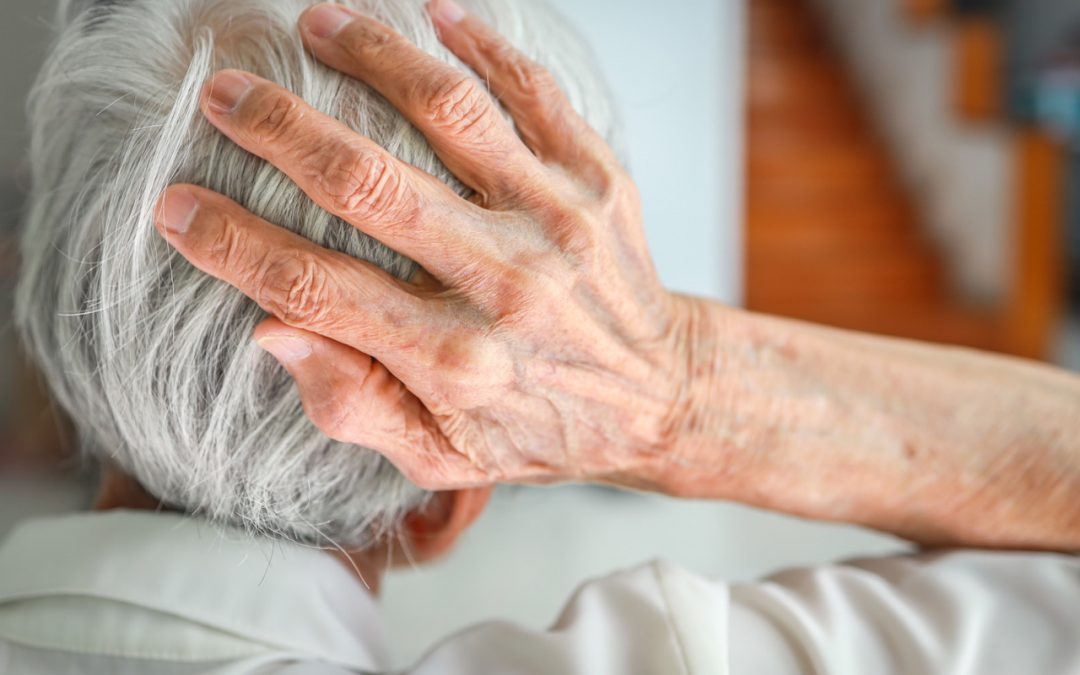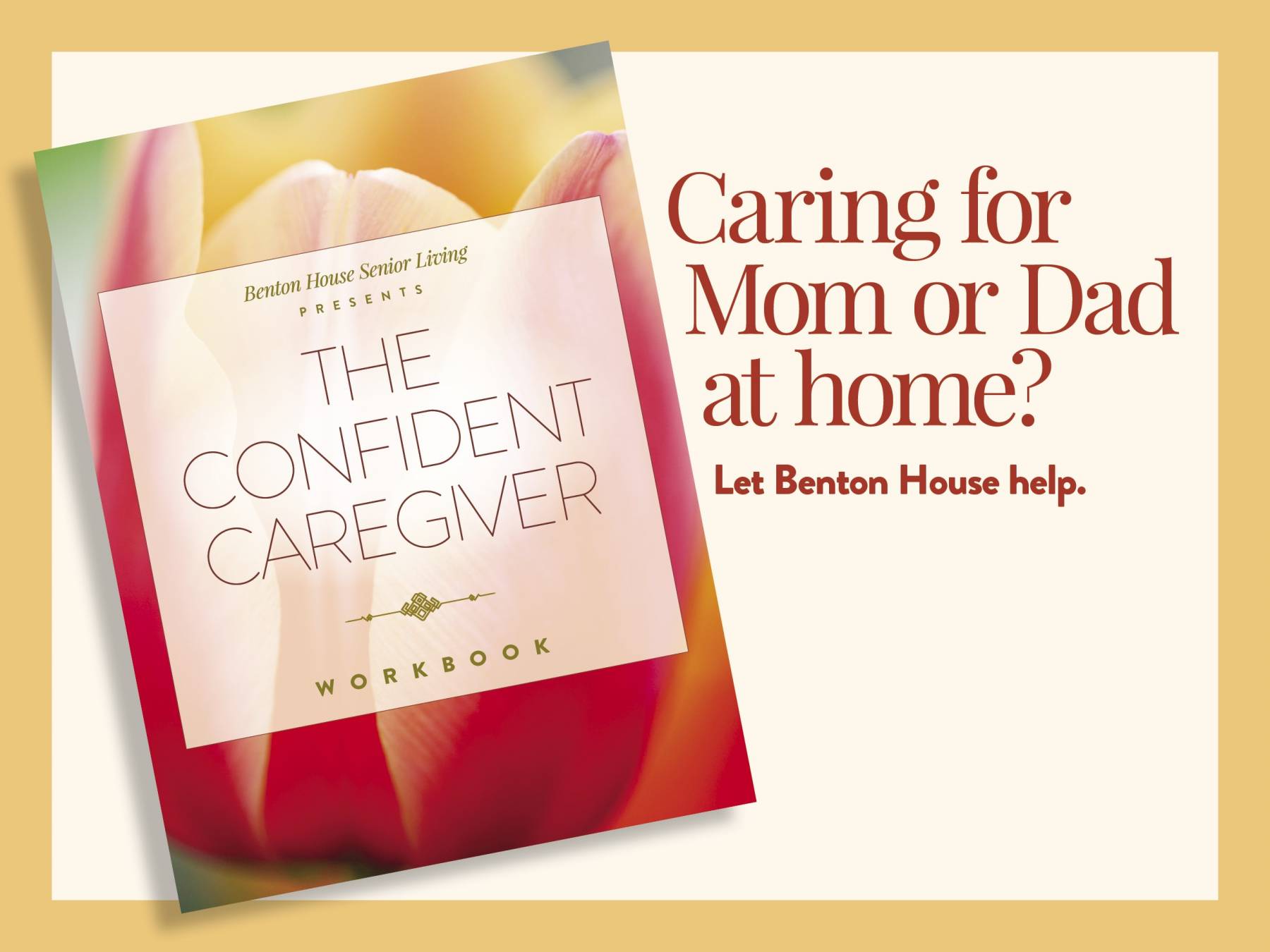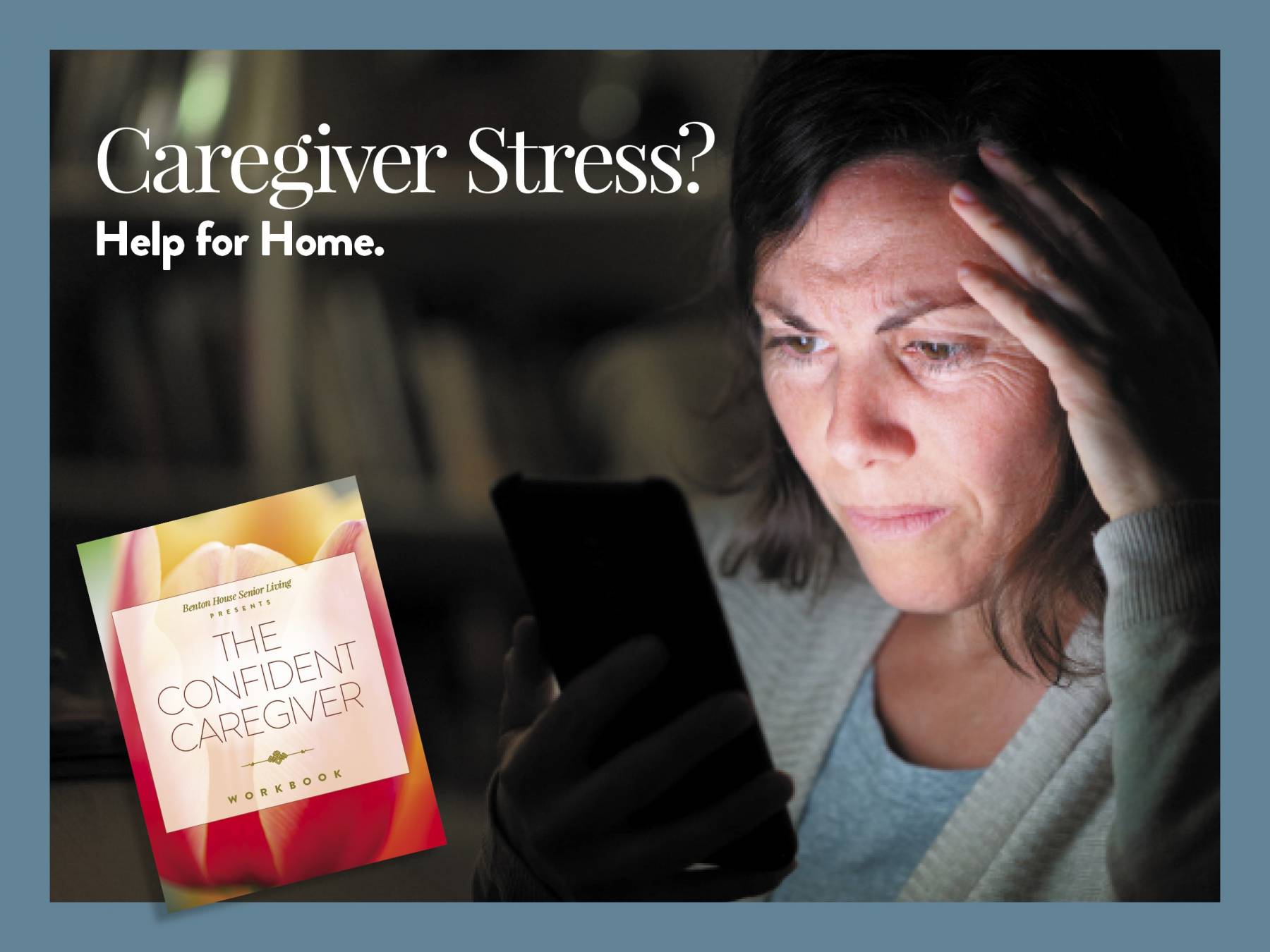What to Do If Your Senior Loved One Falls and Hits Their Head
Has your senior loved one suffered a head injury?
You’re understandably concerned, and you want to know which symptoms to watch for and when to seek help. Here are some tips to help you navigate this situation to ensure their safety and well-being.
Assess the Situation
Does your senior loved one have a minor bump or bruise from a fall? If it’s not a head injury, you may be able to treat this at home with first aid, like RICE or compression.
However, if they have experienced even a mild head injury, or if you suspect they have, call their doctor or medical professional for guidance on a course of action.
If the head injury is severe, call 911. The severity of head injuries is difficult to assess unless you’re a medical professional yourself, so err on the side of caution. Even mild traumatic brain injuries can have serious long-term consequences.
Watch for These Head Injury Symptoms
If you receive guidance from their doctor that you do not need to bring your senior loved one in immediately, the medical professional will likely advise you to keep an eye on them for 24-48 hours after a head injury.
Watch for signs of a concussion, including the concerning symptoms listed below. Jot down any to communicate with their doctor.
- Loss of consciousness
- Headache
- Vomiting
- Slurred speech
- Dizziness
- Nausea
- Blurred vision
- Confusion
- Memory problems
- Difficulty with balance
- Seizures
- Weakness or numbness in the extremities
- Unusual behavior
- Difficulty concentrating
- Irritability
Next Steps
If your senior loved one has experienced a head injury, or you notice any of the above symptoms and you suspect they have experienced one, err on the side of caution and seek medical attention, even if the injury seems minor.
Prompt medical attention can help prevent complications and ensure your senior loved one makes a full recovery.



